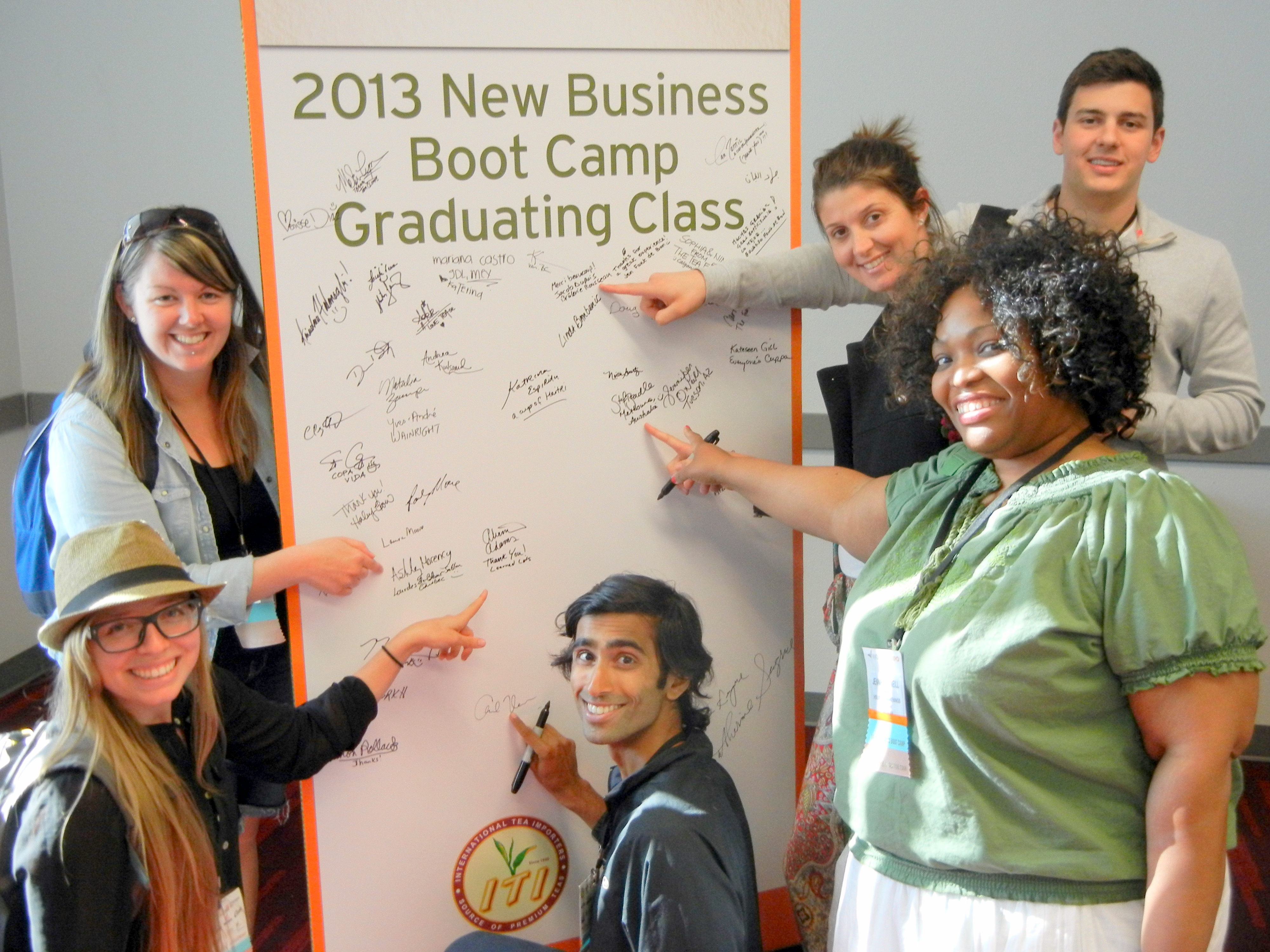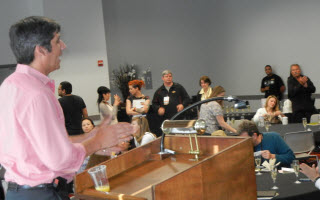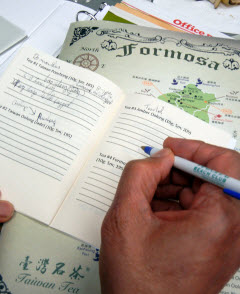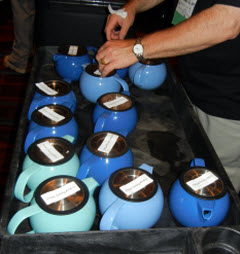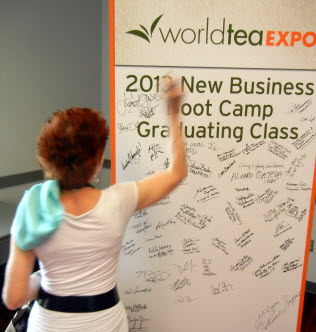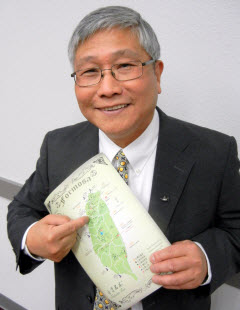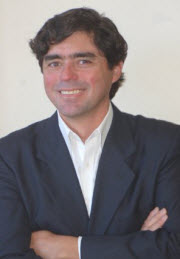What is the threshold price for premium tea?
From a retailer’s perspective it is tea that grosses at least $300 per kilo.
A 50-gram pouch of specialty tea that sells for $15 puts 30-cents a gram into the retailer’s till compared to between 2.5- and 5-cents per gram for commodity tea.*
Specialty Tea Pricing Benchmark
|
Price |
Qty |
Grams |
Ounces |
Pounds |
|
$300 |
1 |
1000 grams (kilo) |
36 ounces |
2.25 pounds |
|
$150 |
2 |
500-gram pouches |
18 ounces |
1.125 pounds |
|
$15 |
20 |
50-gram pouches |
1.8 ounces |
|
|
$7.50 |
40 |
25-gram pouches |
.90 ounces |
|
|
$3.75 |
80 |
12.5-gram sample |
.45 ounces |
|
* 200 grams of Lipton Yellow Label sells for $9.50 or 5-cents per gram in grocery and the same 100-count box sells for $5.09 or 2.5 cents per gram at Costco (9-8-2013)
The tea contained in a $15 packet may or may not be premium quality. I could be an exquisitely handmade, artisanal Orthodox or more likely a mid-grade green or black blended with fruit and flowers and flavor enhanced. It may even be a tisane and contain little or no camellia sinensis and still be labeled special. Customers view premium through the prism of price.
To put this price in perspective, consider that growers in Africa and India produce 1.5 billion kilos of black CTC that sells for an average $3 per kilo with another 1.5 billion kilos of green tea from Asia exported at a similar average. The balance of the world’s annual 4 billion kilos of tea sells for $10 a kilo, with very small quantities of high value tea selling for up to $100 per kilo, according to Rajiv Lochan, founder of Doke Tea and a student of statistics. “So a very rough average of $5 per kilo for bulk teas can be a safe estimate,” he writes. Tea at retail, packets, tea bags and specialty teas have extreme ranges and are difficult to estimate, according to Lochan.
Regardless of what is inside the pouch I believe that $15 for 50 grams is a useful retail benchmark in North America. If customers willingly pay $300 per kilo it must be special.
This is a six-time multiple over the retail price of commodity tea. I borrowed this valuation ratio from the coffee industry which prices specialty grades of Arabica at a premium over “C” or commodity grade green coffee. A six-times multiple is common in negotiations for the highest “specialty grade” coffees.
Below is a technical description of top quality coffee by the Specialty Coffee Association of America.
EMBED: www.scaa.org
Grade 1: Specialty Grade Coffee Beans: no primary defects, 0-3 full defects, sorted with a maximum of 5% above and 5% below specified screen size or range of screen size, and exhibiting a distinct attribute in one or more of the following areas: taste, acidity, body, or aroma. Moisture content must be between 9-13% and when prepared the coffee must be free of cup faults and taints. Coffee that scores 80 points or above on the SCAA’s 100-point scale is graded “specialty.” Only 5- to 10-percent of the world’s annual production qualifies.
Since the large premiums attached to specialty are based on the cup quality as agreed upon by a buyer and seller if the pre-ship sample does not match the arrival coffee, the container can be rejected. This results in a huge loss to the exporter.
Descriptions of tea lack this level of precision. There is no exchange or futures market and no standard cupping criteria for tea. Prices for large quantities (or specialty micro-lots) are negotiated directly with the grower and the rest is sold at auction houses in the tea producing regions of the world.
Should the tea industry devise a standard description of premium teas worthy of a premium price?

